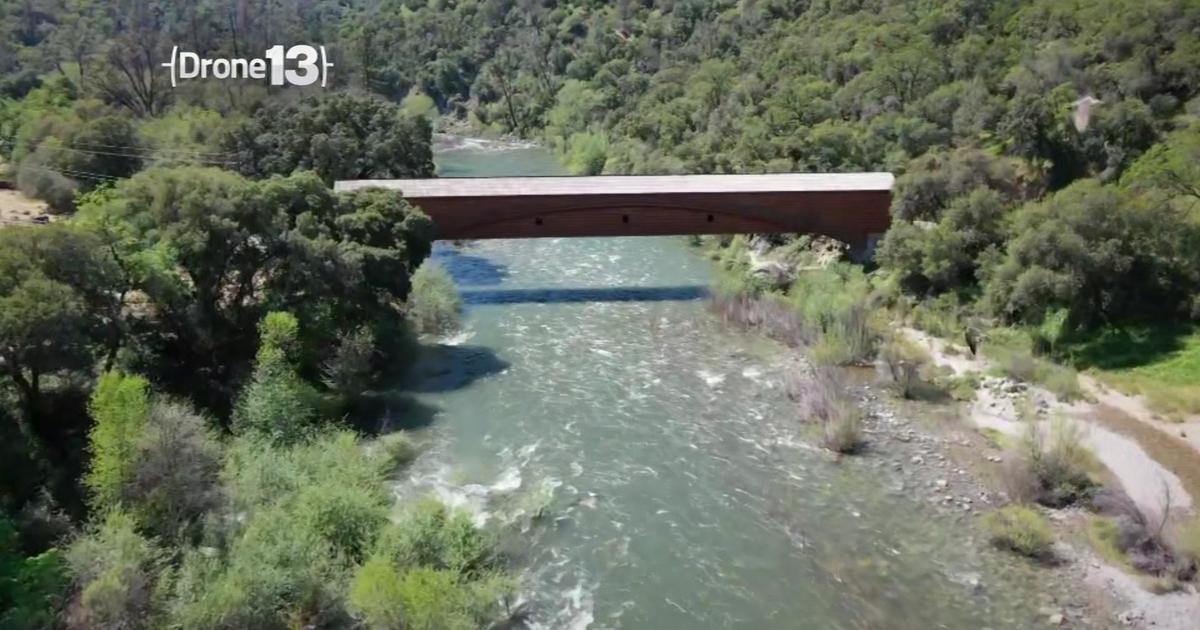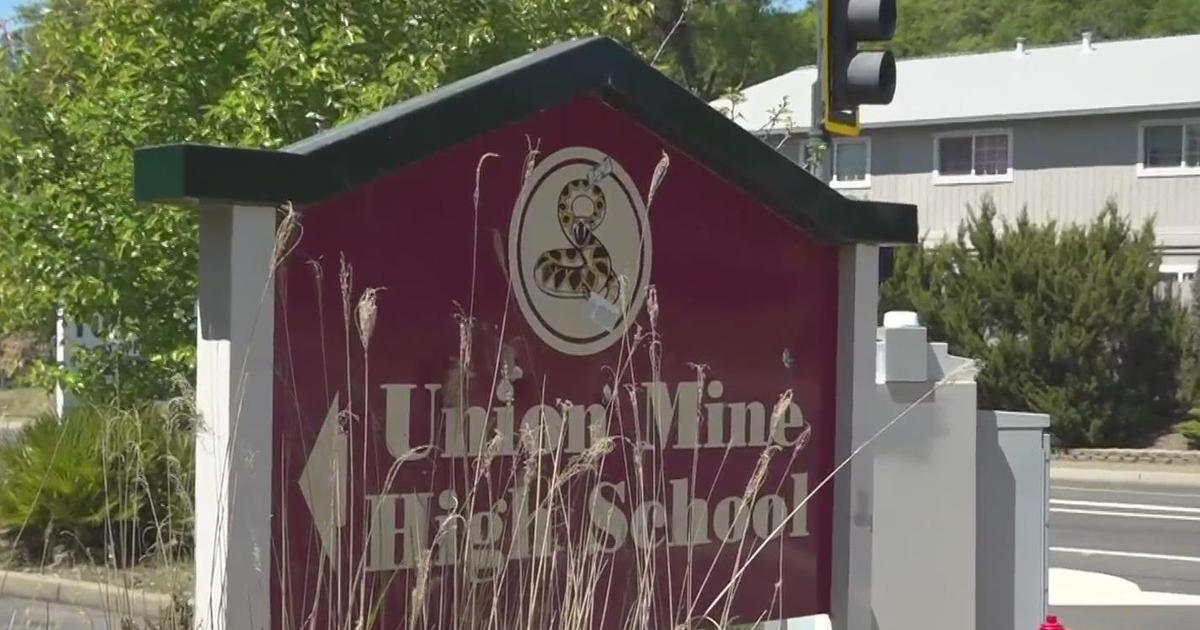PG&E Fire Prevention Efforts Displace Wildlife In Nevada County; Rehab Facilities Overwhelmed
GRASS VALLEY (CBS13) - Fire season preparations are well underway for California's biggest utility company.
Pacific Gas and Electric is targeting Nevada County as a high-risk wildfire area, cutting down trees away from 138 miles of power lines to prevent wildfires. But what does that mean for animals who call those trees home?
"He's only two days old, we think," said Beverly Myers, president of Wildlife Rehab and Release in Grass Valley.
They rescued a flying squirrel she said may only be a few days old.
"This little guy has to be kept in an incubator because he has absolutely no fur on him," Myers said.
She explained that, as of late, the facility has been extremely overwhelmed as PG&E continues its fire prevention efforts.
"We've been having a lot of animals come in because trees are being cut down. It robs them of their home and their parents," Myers said.
But Myers doesn't blame PG&E for actively clearing power lines. She says the hot weather conditions are forcing fire prevention to start early, while at the same time, baby animals are being born.
"Normally the first wave of babies are usually born and are able to get out of the nest before it gets really hot," she said. "Tree cutters are going out and they're cutting things down without looking at them."
PG&E told CBS13 that they train employees to spot wildlife animals and their nests. The utility wrote, in part, "PG&E environmental teams inspect the areas prior to any tree work to ensure it's clear of active nests."
Myers says the training doesn't seem to be working.
"If there's some way they can get arborists to make an assessment of trees, it sure would help," she said.
Myers admits there's no simple solution and even the biggest wildlife lover says tough decisions have to be made.
"An instant solution is not possible. The only instant solution is to cut the trees down," Myers said. "We do have to save our homes and our families, but of course, my heart is with the animals."
Myers said the problem will likely get worse when fire season becomes more active. Those wildfires will displace animals who will end up at the facility, which normally operates with 50-plus volunteers but is now down to only 10 amid the pandemic.



